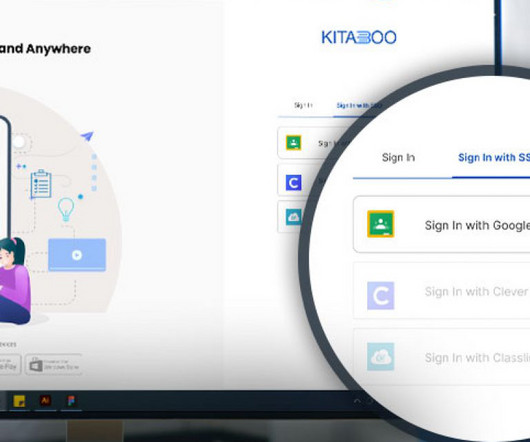Ensuring Device Compatibility with Your white-label eBook Platform
Kitaboo
JUNE 26, 2023
It involves ensuring that the eBook platform adapts to the diverse screen sizes, resolutions, operating systems, and file formats of these devices. Operating Systems and Versions The wide range of operating systems and their versions across devices necessitates compatibility testing and optimization to ensure smooth performance.














Let's personalize your content